
By Jessica Holmes
In Spanish, there’s a rather delightful way to say you’re daydreaming: ‘Pensando en la inmortalidad del cangrejo’. It literally means ‘thinking about the immortality of the crab’.
The Macra Terror by Ian Stuart Black is a serial that I think will quite often have you pondering on crab immortality, and I don’t mean that it’s thought-provoking.
The first thing you’ll notice about this serial is that there are BIG CHANGES AFOOT. Not in anything trifling like the main cast, but they’ve gone and changed the style of the opening titles. Now they flash up a great big picture of Patrick Troughton’s mug on the screen, in case we forget what the main character looks like.

Continue reading [April 2, 1967] On The Immortality Of The Crab (Doctor Who: The Macra Terror) →

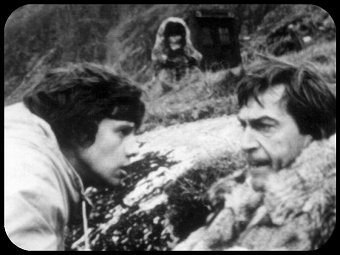

![[October 16, 1967] A Frosty Reception (<i>Doctor Who</i>: The Abominable Snowmen)](https://galacticjourney.org/wp-content/uploads/2022/10/671016moreyeti-672x372.jpg)
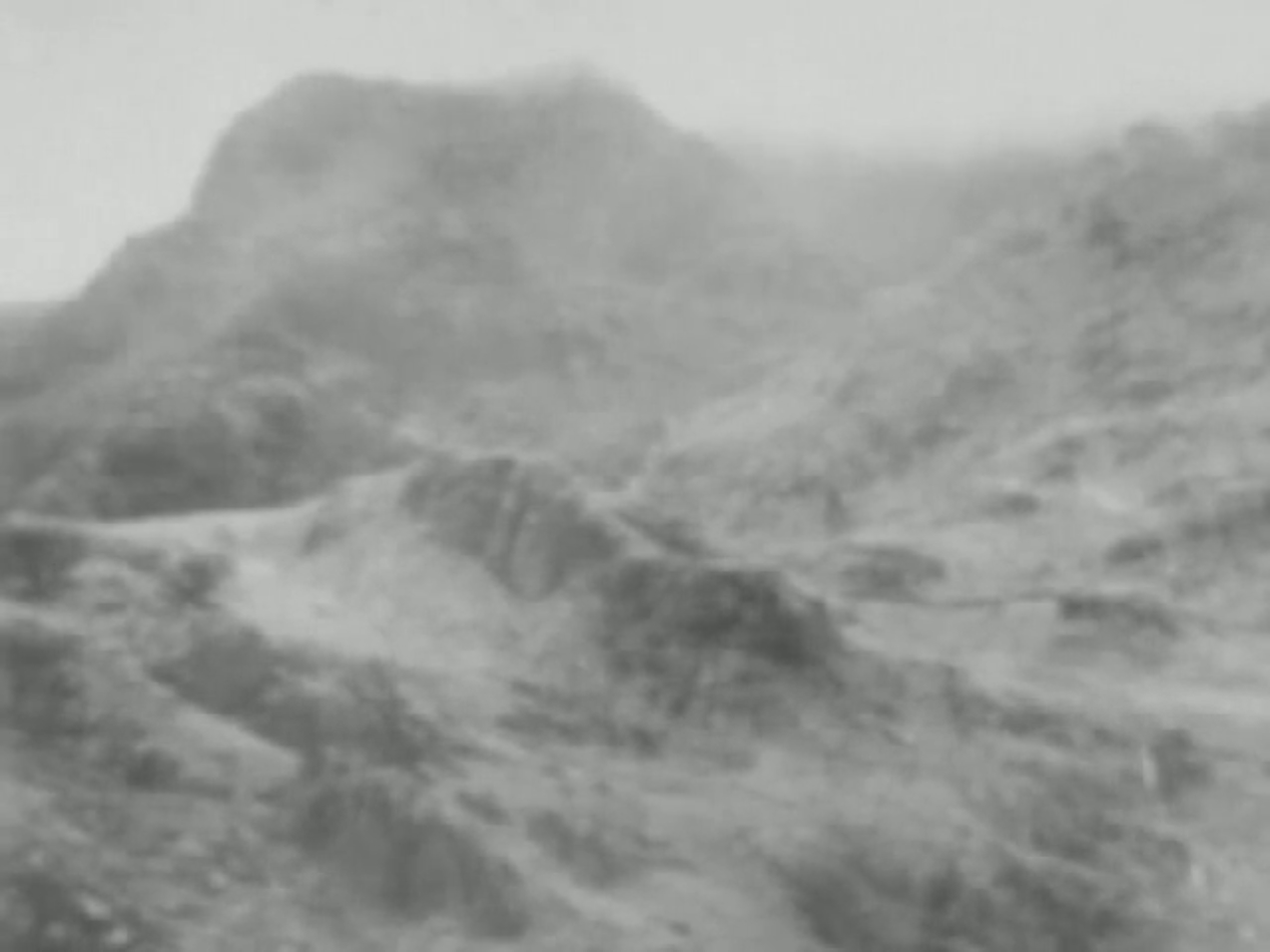
![[September 24th, 1967] A Really Cool Story (<i>Doctor Who</i>: Tomb Of The Cybermen)](https://galacticjourney.org/wp-content/uploads/2022/09/660924dontsayit-672x372.jpg)
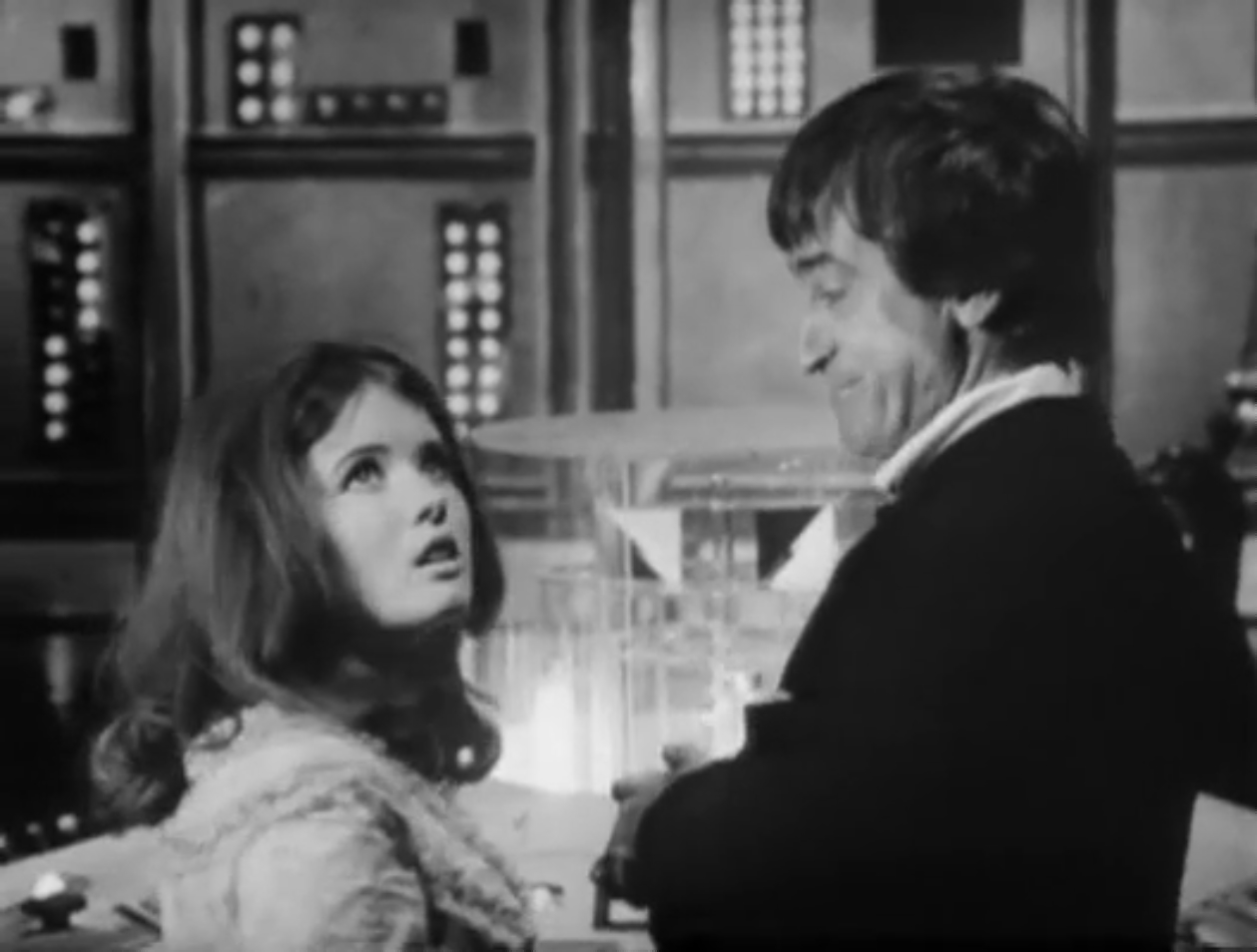
![[July 2, 1967] An Explosive Ending (<i>Doctor Who</i>: THE EVIL OF THE DALEKS [Part 2])](https://galacticjourney.org/wp-content/uploads/2022/07/670702emperor-672x372.jpg)
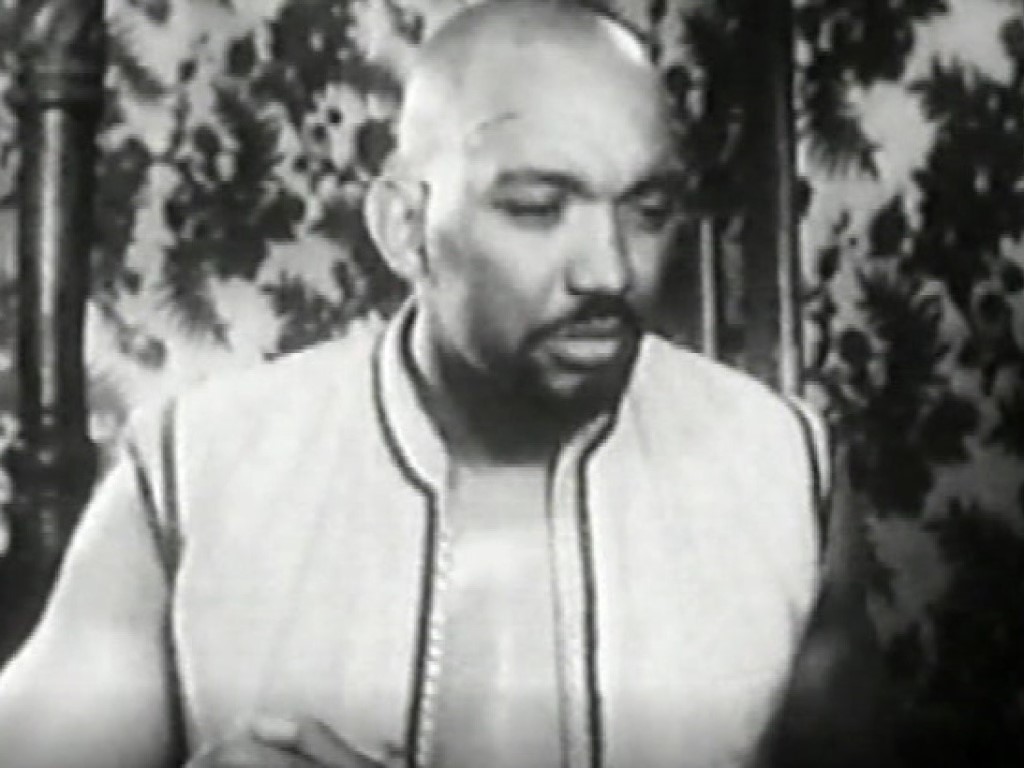
![[June 4, 1967] The Daleks Stoop To A New Low… Vehicle Theft! (<i>Doctor Who</i>: The Evil Of The Daleks [Part 1])](https://galacticjourney.org/wp-content/uploads/2022/06/660604dalek-672x372.jpg)
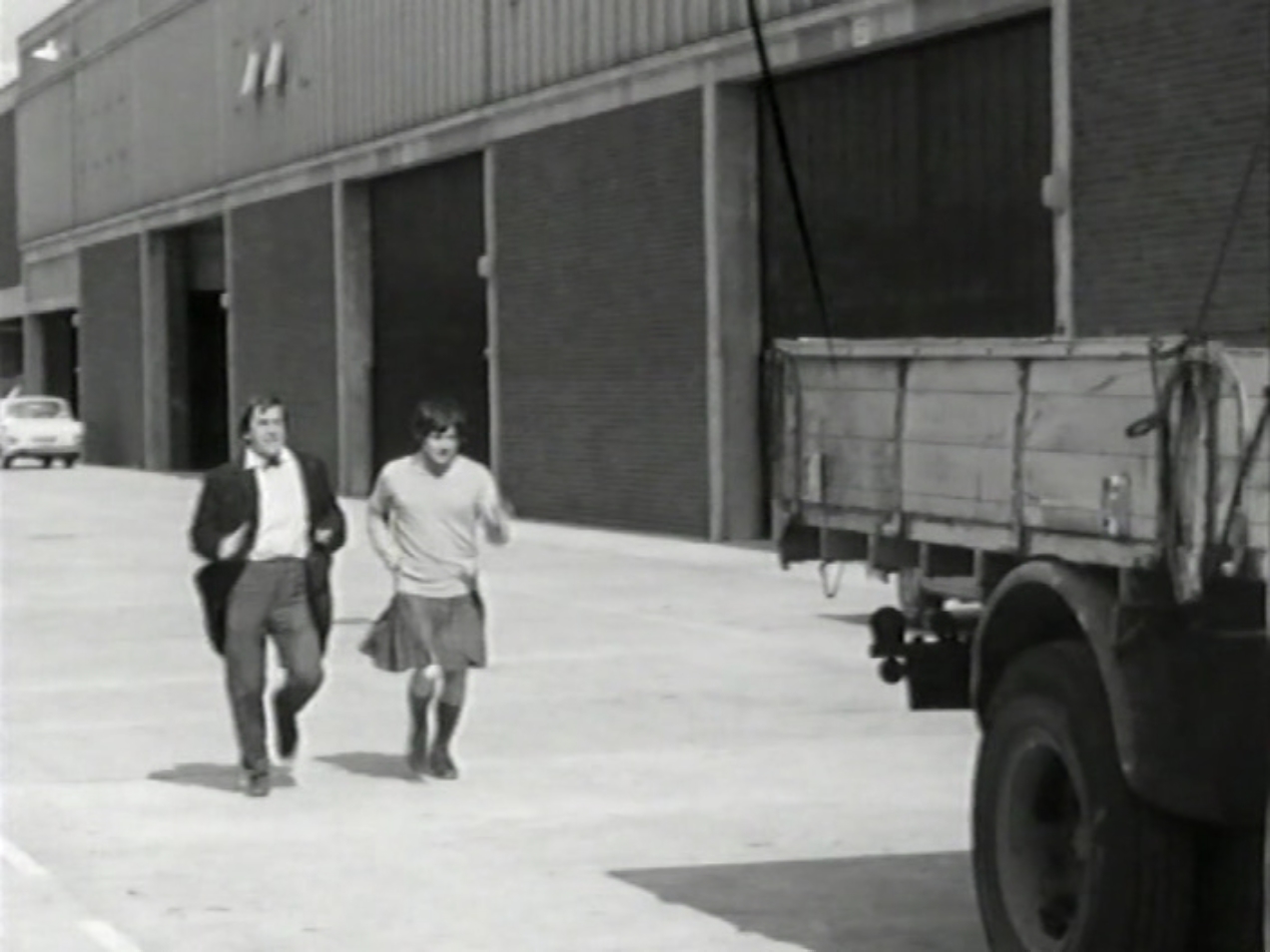
![[May 14, 1967] Ben And Polly To The Departure Gate (<i>Doctor Who</i>: The Faceless Ones [Part 2])](https://galacticjourney.org/wp-content/uploads/2022/05/670514benandpolly-672x372.jpg)
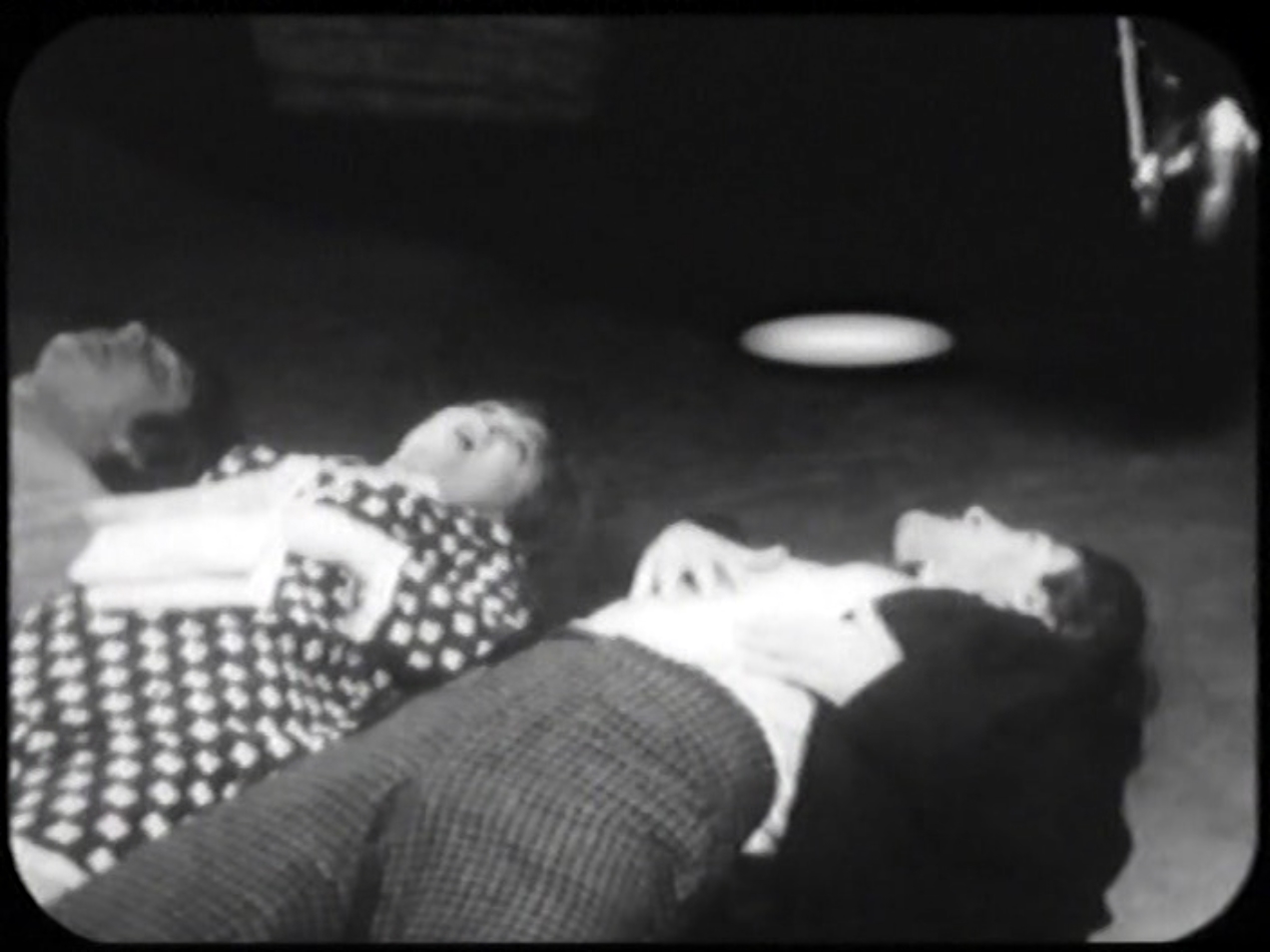
![[April 24, 1967] You Look Familiar (<i>Doctor Who</i>: The Faceless Ones, Part One)](https://galacticjourney.org/wp-content/uploads/2022/04/670424runway-672x372.jpg)
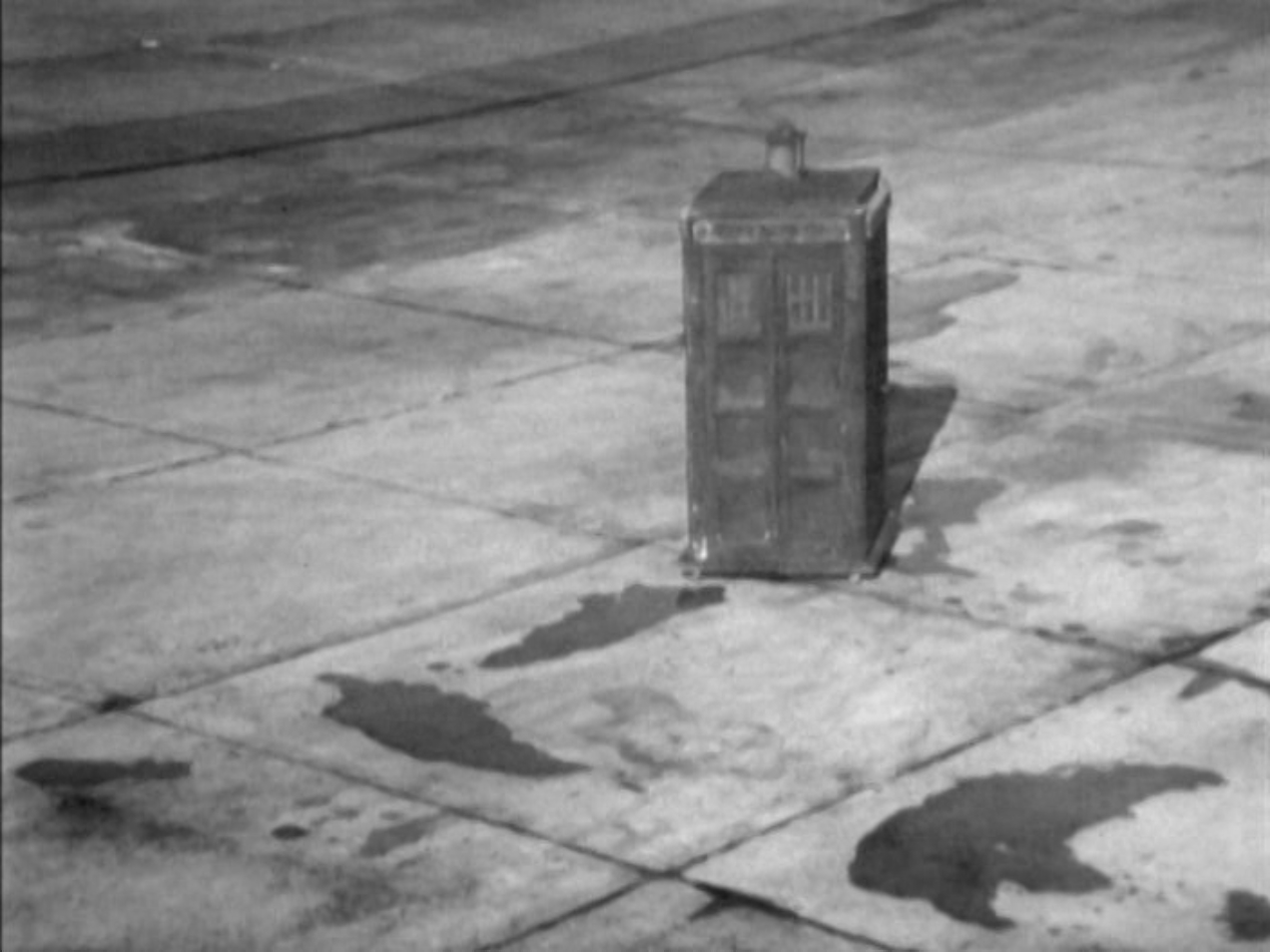
![[April 2, 1967] On The Immortality Of The Crab (<i>Doctor Who</i>: The Macra Terror)](https://galacticjourney.org/wp-content/uploads/2022/04/660402aaaa-672x372.jpg)

![[March 6, 1967] Men On The Moon (<i>Doctor Who</i>: The Moonbase)](https://galacticjourney.org/wp-content/uploads/2022/03/660306invasion-672x372.jpg)

![[February 6, 1967] Nothing In The World Can Stop Me Now! (<i>Doctor Who</i>: The Underwater Menace)](https://galacticjourney.org/wp-content/uploads/2022/02/670206atlanteans-672x372.jpg)
